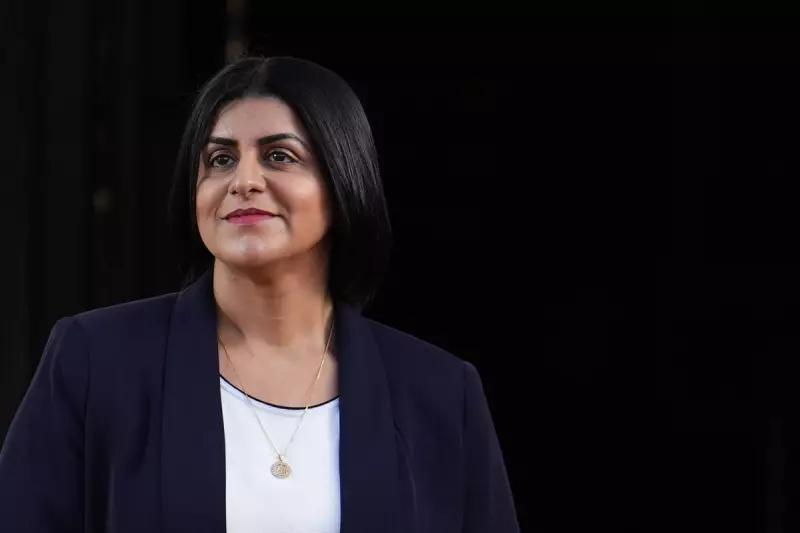
In an unprecedented public confrontation, the BBC has launched a staunch defence of its political editor, Laura Kuenssberg, accusing the Home Secretary of overseeing a deliberate and coordinated attack on the corporation's integrity.
The row erupted following Ms Kuenssberg's report on the BBC's Sunday morning politics programme, which revealed that the government's much-vaunted Rwanda scheme would initially cover only a tiny fraction of the current asylum backlog. The report suggested that as few as 2,000 people might be sent to Rwanda over the next two years, a figure the government did not dispute.
Government's 'Orchestrated' Pushback
In a formal letter to the government, the BBC's Director of Politics, Pat McFadden, expressed profound concern over the response from Mr Cleverly's department. The letter alleged that a "senior Home Office source" had been deployed to multiple media outlets with a singular mission: to undermine the BBC's reporting and question Ms Kuenssberg's impartiality.
Mr McFadden condemned this tactic as a "serious and deliberate attempt to undermine the BBC's independence". He argued that it represented a dangerous blurring of the lines between legitimate political debate and an assault on public service broadcasting.
A Battle Over the Narrative
The core of the dispute lies in the government's reaction to the story itself. Rather than challenging the factual accuracy of the report, which highlighted the significant limitations of the Rwanda plan, the government's response appeared to focus on shooting the messenger.
This incident raises critical questions about the relationship between the government and the media. It underscores the increasing pressure faced by journalists reporting on sensitive policy areas like immigration, where the political stakes are exceptionally high.
What Happens Next?
This public spat signals a significant deterioration in the already tense relations between the BBC and the Conservative government. The corporation's decision to go public with its complaint demonstrates a new level of willingness to push back against perceived political pressure.
As the government continues to champion its Rwanda policy as a central solution to illegal migration, the scrutiny from media outlets like the BBC is only set to intensify. This clash is unlikely to be the last as the political battle over immigration rages on.





